Facebook data breach: Digital experts analyse the after-effects
Facebook has been in the eye of the storm regarding data breach. The incident came to light following the revelation by a whistleblower that the personal data of 50 million Facebook users had been accessed by Cambridge Analytica, a data firm with ties to Donald Trump’s presidential campaign. This was done without the knowledge and permission of the users. It was stated that Cambridge Analytica could have retained the data even after being asked by Facebook to delete it.
The Indian connection has emerged as Cambridge Analytica lists among its clients some Indian political parties, including the Bharatiya Janata Party and the Congress. There were reports that the firm could have been used to influence the 2014 Lok Sabha elections as well as also influence the upcoming General Elections in 2019.
Following this revelation, Facebook CEO Mark Zuckerberg admitted that there had been a “major breach of trust” in a lengthy Facebook post said, “We have a responsibility to protect your data, and if we can’t then we don’t deserve to serve you.” He further admitted, “...we also made mistakes, there’s more to do, and we need to step up and do it.”
Reacting to the Facebook data breach and commenting on its implications, Abdulla Basha, Co-founder, Social Frontier, remarked, “The big question surfacing in everyone’s mind today is how much we can trust Facebook with our data, which is supposed to be ‘protected’. It is alleged that the social media giant exposed data of 50 million Facebook users to a researcher who worked at the political consulting firm, Cambridge Analytica, which was reached out for the Trump campaign. As per reports, the exchange of data that took place between Dr Aleksandr Kogan and Cambridge Analytica happened in apparent violation of Kogan’s agreement with Facebook. In such scenarios, initiatives like General Data Protection Regulation should be encouraged and strictly put into implementation at international level in order to ensure data privacy and protection.”
With Zuckerberg owning up to the mistake, Basha was confident that Facebook will put some corrective steps to ensure this kind of incident is not repeated. At the same time, he was apprehensive that the sheer number of people on the platform and the reach it has will make it too tempting for these forces to try and circumvent Facebook’s preventive measures to identify and implement better ways of manipulation. “To be honest, manipulative campaigns for changing public opinion have been going on newspapers, print, radio, billboards and television for a long time, but with Facebook, people behind it are able to actually measure their success and make changes with incredible accuracy – which is the scary part. Simply blocking third-party apps from accessing data will not be enough, we will have to wait and watch what kind of steps Facebook takes post this incident,” he added.
Meanwhile, when asked by Adgully regarding advertisers’ reaction to the data breach issue, the Facebook spokesperson responded by saying, “Advertisers look to us to help grow their businesses. They know how important it is for people to trust their information with Facebook. Most of the businesses we’ve spoken with this week are pleased with the steps we’ve outlined to better protect people’s data, and they have confidence that we’ll respond to these challenges and become a better partner and company as a result.”
However, this confidence is not shared by all advertisers. As the Nestlé India spokesperson told Adgully, “We are concerned by this issue as our business – both online and offline – relies on a strong foundation of trust with our consumers. Recent revelations regarding the potential misuse of consumer data by online platforms is something we take very seriously. We are encouraged by the public announcements by Facebook around strengthening data protection. However, we have asked Facebook to clarify on what more it will do to ensure consumer protection and the safeguarding of data associated with brands and advertising.”
What digital experts have to say
When asked whether brands would have a rethink about Facebook as an ad platform post the data breach incident, Naresh Gupta, Managing Partner, Bang in the Middle, responded in the negative. He doesn’t see big brands changing their approach to FB. According to Gupta, “They anyways have been very careful in the way they use the platform and create campaigns. I do see a lot of smaller brands changing the way they use the platform for advertising. FB anyways has tightened the options and that in long run is a good thing.”
Echoing similar thoughts, Faisal Haq, VP Operations - North, WATConsult, stated that brands will continue their association with Facebook as according to the recent statement from its CEO Mark Zuckerberg, Facebook will be making sure it takes all precautionary measures to make the platform as secure as possible. For brands, Facebook is the best possible medium to interact and engage with their existing and prospective audience/consumers. After all, it is a platform with 1.4 billion daily active users on average for December 2017 and 2.13 billion monthly active users as of December 31, 2017.
Gopa Kumar, EVP, Isobar India, pointed out that the issue was about data security and privacy more than advertising. “Facebook advertising should or will not get hampered in the long run. However, that being said, brands need to be cautious about how they look at MICE targeting and use of data of consumers. The data that they harvest from consumers through the app and what they do with it and to what extent they use it, they need to be well aware of its implications, if things do go wrong. In India, data privacy or data laws are not that stringent, but after this issue, I see the Government and platforms like Facebook taking measures to avoid this kind of a situation in the future. There will be a list of Do’s and Don’ts on how to approach data led marketing.”
Meanwhile, Nishant Singh Didawat, Business Head - Media Strategy & Operations, Social Kinnect, thinks that with Facebook being the world’s largest social network, it is of utmost importance that the users’ private data doesn’t get breached with an outlook of commercial, political, social or religious influencing. Having said that, the recent Cambridge Analytica breach may not have a halter effect on the advertising strategy of brands, he felt. “There is utmost safety still being maintained by Facebook when it comes to utilising the first party data shared by brands. However, if the current scenario leads to a reduction in the number of active Facebook users, then it will open avenues for other publishers to be associated with brands leading to fewer ad spends on Facebook,” Didawat further said.
The long term implications
In the long term, Faisal Haq of WATConsult sees stricter rules and laws for this kind of marketing. According to him, data must be regulated and the kind of information companies can harvest from consumes through the apps or any other channel will come under scrutiny and regulated. Platforms that aid this breach will obviously be in danger of being held by law as well as people trying to move away from the platform. “Trust also becomes a bigger issue, people will start to distrust the platform and over the period of time move away from it,” he added.
He further said that it is time that users of online platforms treated their digital lives as their physical lives. “We must understand the importance of cyber hygiene and review the security of the platforms from time to time where personal information is shared. Owing to the current circumstances, we will see a change in user sentiment and behaviour. People will be more cautious while giving access to various apps and websites that connect to social media accounts. They will only grant access if it is extremely important for using the core functionality of the apps or websites. There might be a drop in logins for these apps and websites,” he envisaged.
On the other hand, Naresh Gupta felt that at an overall level, FB is not a very large advertising platform for brands as yet, but this will grow at a rapid pace. He added, “I don’t really see this scandal having a very large impact on the growth of Facebook.”
Nishant Singh Didawat, too, does not think that the recent breach will lead to a substantial drop in the time spent on Facebook by the users in general, but the interaction on Facebook’s partnering apps and also those apps that provide an option of log-in through Facebook are definitely expected to see a drop in traffic.
Caution will be the name of the game
Naresh Gupta sees people becoming more aware of the platform and how they use the platform. He noted, “Individuals, I think, will be far more careful, making it difficult for FB to create options for contextual targeting. That, in the long run, is a good thing for the fans in FB. Aggressive retargeting has already become an irritant and with people changing privacy settings, some of it is being minimised. If overall advertising on FB comes down, no one will mind it.”
“In the Indian context, an average Facebook user isn’t as concerned about data privacy as in the US,” observed Nishant Singh Didawat. “Thus, the breach may not see an adverse effect on the number of daily active users. Hence, it is highly unlikely that Facebook will experience a major brand shift as the majority of the audience will still continue to use the social media site.”
Faisal Haq affirmed that Facebook is still the most preferred platform for both brands and users. However, he added that users will have to take extra precautionary measures to protect their data, but various industry bodies have to come together and united with agencies to make people understand how to handle their personal information on the digital platform, as agencies are the brand custodians and they help brands to formulate a tone in which they should engage with online users. So, as subject matter and platform experts they have to educate the users to handle their personal information on the digital platform. Also, brands and agencies have to refrain from asking for personal social currencies till Facebook confirms about new security measures and indulge in more experiential campaigns.
Isobar’s Gopa Kumar believes that in the short term, because of these issues, one woud see people deleting the Facebook app or not going to Facebook, but having said that, Facebook still is the go to destination for people on social media and huge base of people are their spending time and engaging with their friends and brands. Facebook definitely needs to take major steps in bringing back the confidence and trust for its platform and environment which has taken a huge beating in past few months. If they are able to do it and avoid these kinds of breaches in future, I am sure the strength of platform will keep them popular and people logging in to Facebook for some time to come.







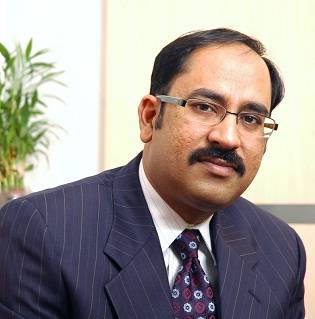


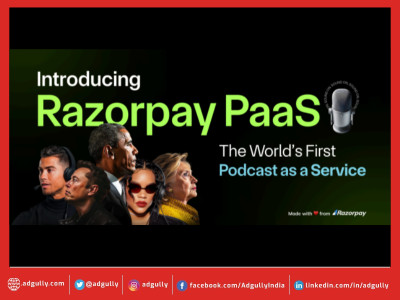
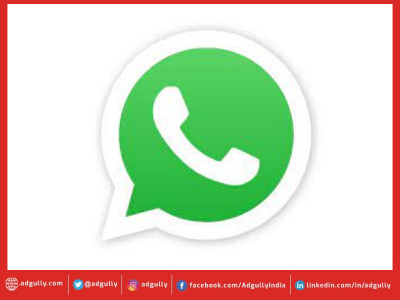
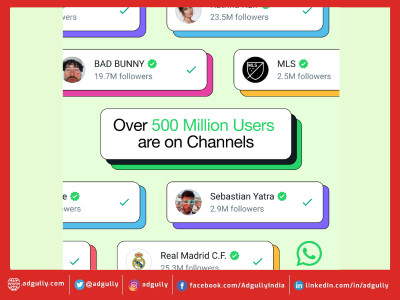

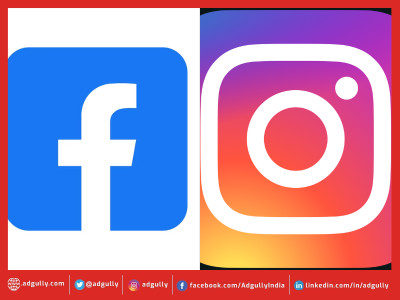


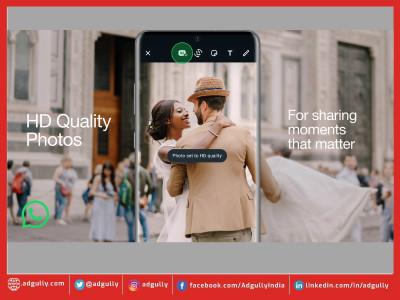

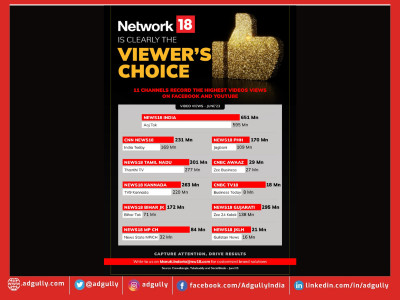


Share
Facebook
YouTube
Tweet
Twitter
LinkedIn